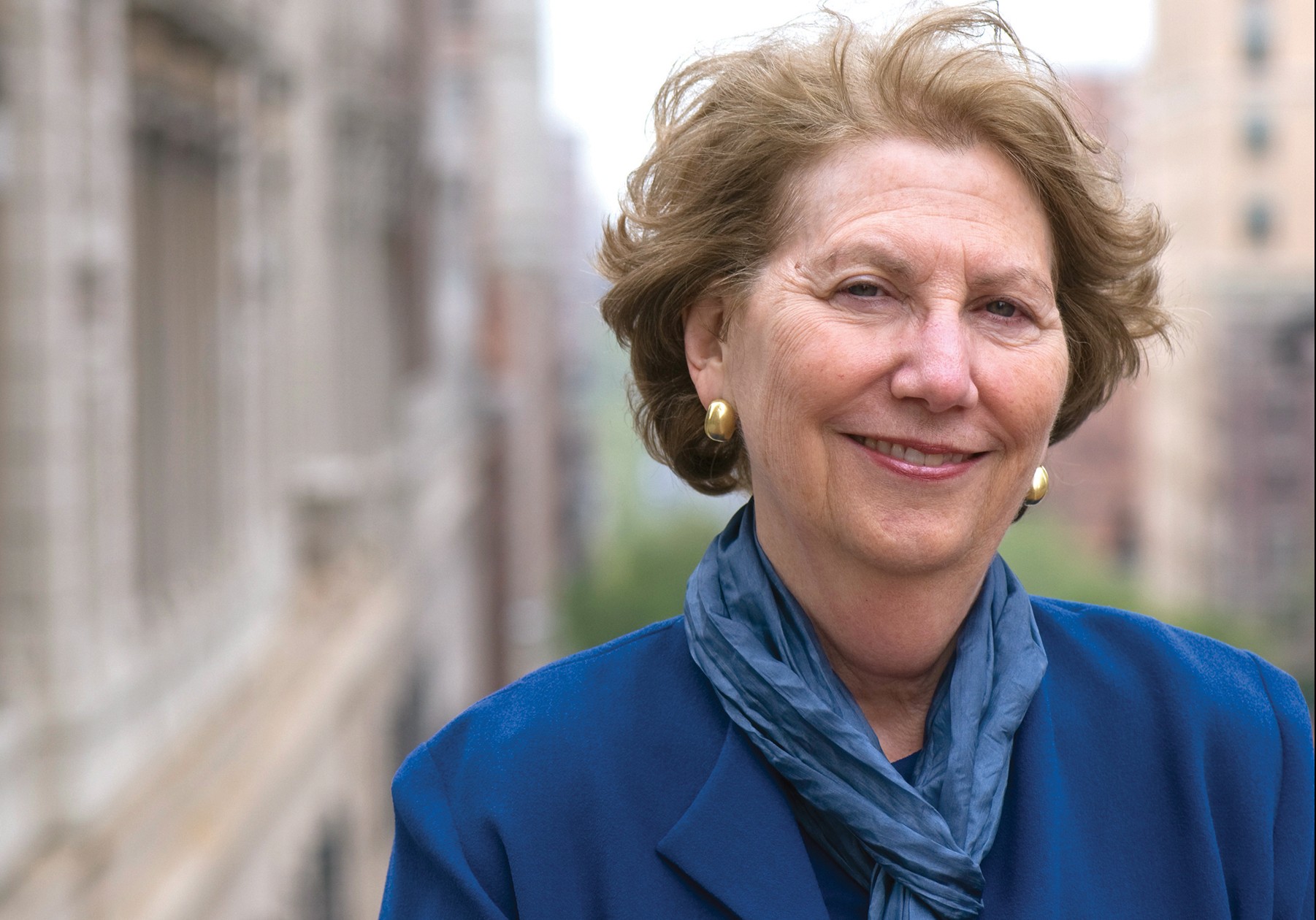Five Questions with Dr. Katherine Shear: How to deal with grief and loss in the time of COVID-19?

With the COVID-19 wreaking havoc around the world, more than 88,000 people have now died from the virus. The COVID-19 pandemic could cause unprecedented and lasting emotional trauma, which requires urgent attentions from the government and society. On April 4, Dr. M. Katherine Shear, Director of the Center for Complicated Grief at Columbia University, spoke with China Philanthropist Magazine on coping with the loss of loved ones. April 4 also marks Qingming Festival in Chinese tradition, an important day for the remembrance of ancestors. This year, the country observed a three-minute silence for thousands of victims to the pandemic.
Q1. What is complicated grief? What are the effective treatments in the U.S.?
Complicated grief (now called Prolonged Grief Disorder in the World Health Organization International Classification of Diseases-volume 11) is a condition that occurs when a person is unable to adapt to a loss. There are many characteristics of this pandemic that put all bereaved people at increased risk. A simple short-term targeted treatment called “Complicated Grief Treatment” has been proven efficacious for this problem.
Q2. The coronavirus outbreak in China is currently under control, but the mental health crisis remains. What’s the most crucial mental health issue for Chinese people after the outbreak?
COVID-19 is a deadly virus. All of us will need to find ways to adapt to the loss that comes in its wake, ranging from loss of routines and the lives we were living before the pandemic struck, to the loss of loved ones who have succumbed to the disease. It's important that we give ourselves time to grieve. It's also important that we carve out time and space to support those who have lost family members and friends. This, of course, can be challenging when the normal grieving methods, including funeral rites and support groups, are suspended. However, we can still connect with people and do so in creative ways.
Q3. For the elders, children in need, and seriously ill and severely disabled people, who were self-quarantined during the outbreak, will they face any psychological problems?
Their needs will depend on their vulnerability and on whether they were still able to receive needed care and support during the quarantine. The best policy to help them is to offer screening without stigmatizing them. An important component of effective help is the availability of an empathic, nonjudgmental listener. Such a listener would also be in a position to screen the person as some may require an evidence-based intervention for a specific mental disorder as well.
Q4. For health care workers on the frontline, how can we help them with their mental health problems?
These people need to be acknowledged for their contributions and to have needed rest time. They likely need time to process what they have experienced and to tell their stories. They might need help dealing with the aftermath of especially traumatic situations and/or especially difficult losses. Some people may require an evidence-based intervention for a specific mental disorder as well. This kind of treatment is now available on the internet in ways that can be widely and easily accessed.
Q5. How can psychologists around the world collaborate to help us cope with the mental health crisis after the outbreak? Could you please introduce your cross-border collaborative projects?
Loss and grief, as well as trauma, PTSD and common mental disorders such as depression and anxiety, are shared by all of humanity. The Center for Complicated Grief is collaborating with colleagues at Faculty of Psychology, Beijing Normal University to provide support and guidance to grief counselors staffing the hotline to support those bereaved by COVID-19. The Faculty of Psychology are working on the project named “Psychological assistance for bereaved in COVID-19 outbreaks: mental health investigation, training of grief counselors and grief intervention research”, and I am serving as a cooperation expert. I will be giving a lecture to these counselors on April 10. This is the first training program for professional grief counselors in China. We are also working on cross-national research to continue to learn about the problems discussed in this article and to continue to improve our ability to help these people.